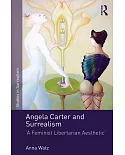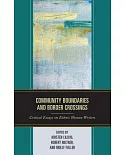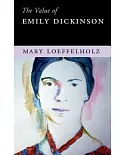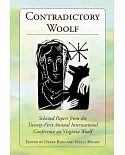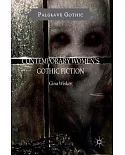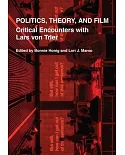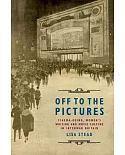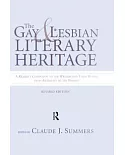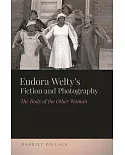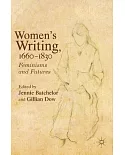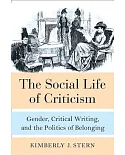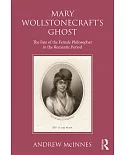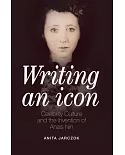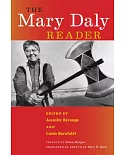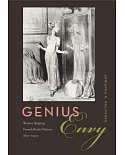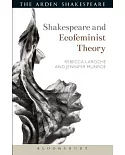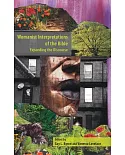'One of the most memorable images of the British women's suffrage movement occurred on June 4, Derby Day, 1913. As the field of horses approached a turning at Epsom, militant suffragette Emily
Wilding Davison ducked out from under the railing and ran onto the track, reaching for the bridle of the King's horse, and was killed in the collision. While her death transformed her into a
heroine, it all but erased her identity. To identify what impelled Davison to suffer multiple imprisonments, to experience the torture of force-feedings and the insults of hostile members of
the crowds who came to hear her speak, Carolyn P. Collette explores a largely ignored source--the writing to which Davison dedicated so much time and effort during the years from 1908 to 1913.
Davison's writing is an implicit apologia for why she lived the life of a militant suffragette and where she continually revisits and restates the principles that guided her: that woman
suffrage was necessary to improve the lives of men, women, and children; that the freedom and justice women sought was sanctioned by God and unjustly withheld by humans whose opposition
constituted a tyranny that had to be opposed; and that the evolution of human progress demanded that women become fully equal citizensof their nation in every respect-- politically,
economically, and culturally. In the Thick of the Fight makes available for the first time the archive of published and unpublished writings of Emily Wilding Davison. Collette reorients both
scholarly and public attention away from a single, defining event to the complexity of Davison's contributions to modern feminist discourse, giving the reader a sense of the vibrancy and
diversity of Davison's suffrage writings'--


